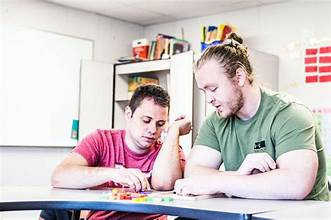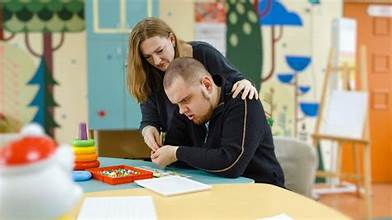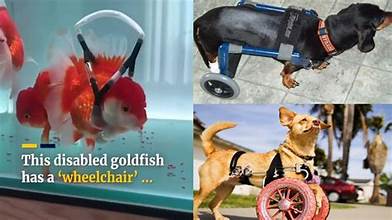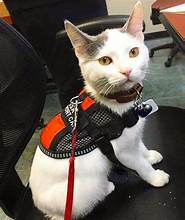Autism Spectrum Disorder (ASD) is usually identified in childhood, but many adults remain undiagnosed until later in life. For some, challenges in social interactions, communication, or sensory sensitivities may have been present all along but went unnoticed or were mistaken for shyness, anxiety, or other conditions. Recognizing autism in adults is a crucial step that can lead to a better understanding of oneself, improved relationships, and access to supportive resources, empowering individuals and their families.
Social and Communication Differences
Adults with autism may struggle with social norms or have difficulty interpreting social cues:

- Feeling “different” or socially disconnected
- Challenges in maintaining friendships or romantic relationships
- Difficulty understanding sarcasm, humor, or indirect communication
- Tendency to dominate conversations on topics of interest
- Preference for routine interactions or structured settings
Behavioral Patterns
Autistic adults may exhibit repetitive or ritualistic behaviors and a need for structure:
- Strong attachment to routines and discomfort with change
- Engaging in repetitive movements or “stimming” (rocking, hand-flapping, tapping)
- Intense focus on hobbies, special interests, or specific work tasks
- Difficulty with multitasking or transitions between activities
Sensory Sensitivities
Sensory differences can persist into adulthood:
- Overwhelm from loud noises, crowds, or bright lights
- Avoiding certain textures in clothing or food
- Seeking sensory input in controlled ways (fidget toys, repetitive motions)
- Challenges in busy or unstructured environments
Masking and Coping Strategies
Many adults learn to “mask” or hide autistic traits to fit in socially:

- Mimicking social behaviors of peers
- Suppressing natural reactions to avoid standing out
- Experiencing mental fatigue or burnout from sustained masking
- Developing routines to reduce anxiety in social or work environments
When to Seek Evaluation
If you suspect you or a loved one may have autism as an adult, a professional assessment can provide clarity:
- Psychologists or psychiatrists specializing in adult autism
- Neurodevelopmental assessment centers
- Support groups and online communities for autistic adults
Early recognition and diagnosis enable adults to access therapy, social support, and coping strategies that significantly enhance their quality of life, providing reassurance and comfort.
Final Thoughts
Autism in adults is often overlooked, but understanding its signs can open the door to self-awareness, personal growth, and meaningful support. With the right strategies, accommodations, and a supportive environment, adults on the spectrum can thrive, offering hope and optimism to the reader.
💡 Next in the series: How Autism Presents Differently in Girls
💡 Return to the main guide: What Are the Signs and Symptoms of Autism?




